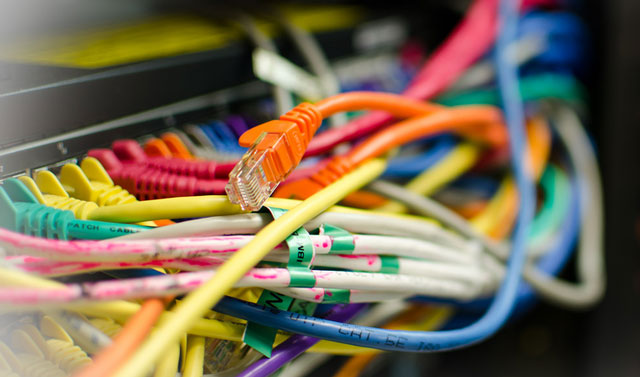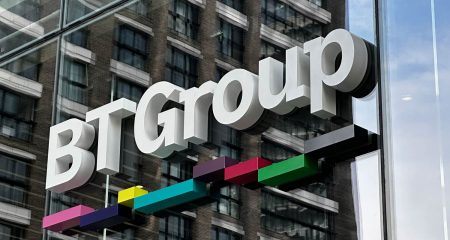
UK’s telephone companies have yet again announced inflation-busting increases in telephone line rental charges. Why, in a world that is increasingly mobile-first — or even mobile-only — are we still paying so much for landlines?
The latest figures from UK telecoms regulator Ofcom show that around 16% of households no longer have a landline telephone, relying instead on mobile phones. For those that do still have a landline connection, call volumes fell by 12,7% in the last 12 months.
So we’re paying more and more for something that we use less and less — surely the old-fashioned landline must be shuffling toward extinction?
Actually, the exact opposite is true; we need our landlines more than ever before. Calls on landlines may be in steep decline, but the same lines are needed to provide broadband Internet access, and our thirst for online services is rapidly growing.
Within the UK, more than three-quarters of households have broadband Internet connections running over telephone lines, the overwhelming majority of which are owned and managed by BT. This is irrespective of which Internet service provider or telecoms company you pay to provide the services that run on top of these wires.
It stems from BT’s history as a government department (part of the General Post Office), then a public company (British Telecom), before its eventual privatisation in the 1980s. Having existed as a monopoly for decades, the vast majority of the UK’s telecoms infrastructure is still owned by the current form of the organisation that originally installed it — BT.
The telephone line runs from people’s homes via a street cabinet to the local telephone exchange, which is in turn connected to the national telephone network, and ultimately the Internet. This length of wire from people’s houses to the exchange is a copper cable known as the local loop. Recently, customers offered superfast broadband have seen the copper cable at least partly replaced by fibre-optic cable, which offers far higher Internet connection speeds.
Alternatives exist — Virgin Media, which uses cable TV circuits rather than the public telephone network to provide high-speed broadband Internet — and those living in Hull, which due to a historic quirk is served by the local monopoly Kingston Communications. But for everyone else, it is BT’s wires that matter.
Back in December 2000 (in response to EU Directive 97/33/EC, concerned with ensuring competition among Europe’s telecoms providers) BT was forced to allow other companies to install equipment in its exchanges so they could offer competing broadband services over its network. This was known as local-loop unbundling (LLU). It also led to the creation of BT Openreach as a separate division to manage the unbundling of local-loop infrastructure.

Although Openreach is a BT Group business, it must offer the same level of service to any firm, including BT, that wishes to use its wires. Openreach is responsible for maintaining and upgrading the local loop between the exchange and customer — known as the “last mile” — and its revenues come from telecoms firms, not end users.
The problem here is that Openreach is still part of BT and therefore has a virtual monopoly on the provision of landlines. This is why the regulator, Ofcom, approves limits on the wholesale prices that Openreach can charge competing telecoms firms for the use of its lines, and sets the performance targets it must meet.
Costs which have to be paid
However, the local loop is only part of the connection to the Internet. Internet service providers have to pay Openreach for access to the local loop, to maintain their own equipment in BT’s local exchanges and for a connection from the local loop further up the network to the Internet, known as the backhaul connection. Including telephone services, rather than just ADSL Internet data, means covering the cost of connecting to the national telephone network, too.
All these costs are reflected in the bundle you pay for appearing on your bill as charges labelled “line rental” and “broadband”. But it makes no sense to separate them like this. Firms such as Virgin Media, who use their own network independent of BT’s, don’t tend to use the phrase line rental but nevertheless have a similar set of costs to meet.
For the growing number of customers who choose Internet-only deals, “line rental” now seems irrelevant — yet in reality the line is a fundamental part of the service and will likely always be — so its costs still have to be met.
It’s time we accepted that the world has moved forward. To avoid confusion, let’s drop the old-fashioned term “line rental” and its associated charge, and instead present the real costs in a transparent manner that shows what they truly represent.![]()
- Nigel Linge is professor of computer networking and telecommunications at the University of Salford
- This article was originally published on The Conversation




